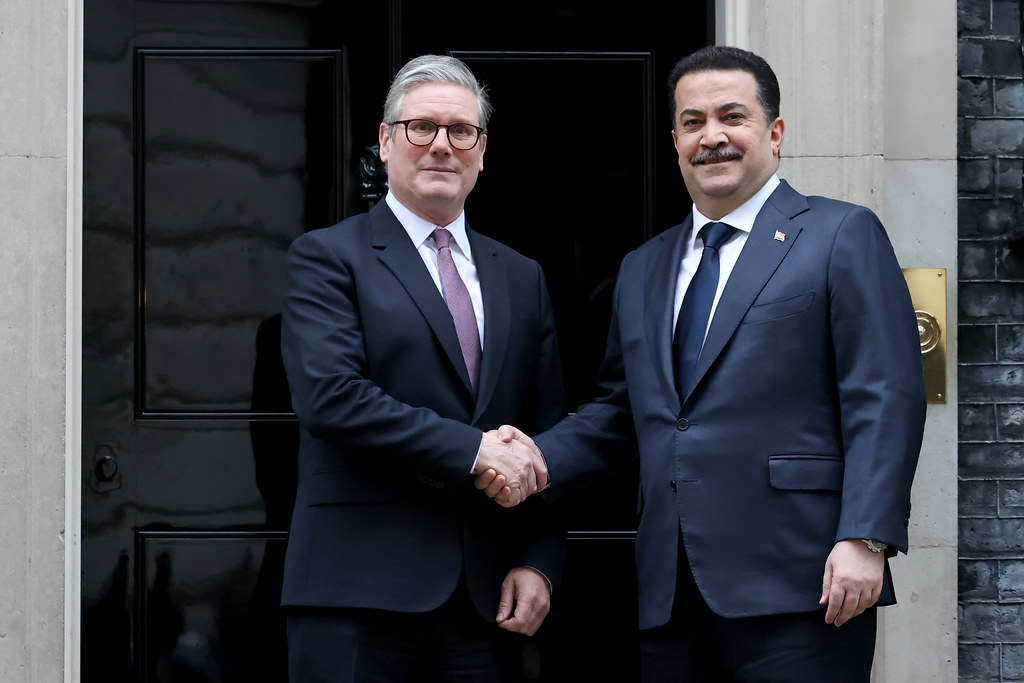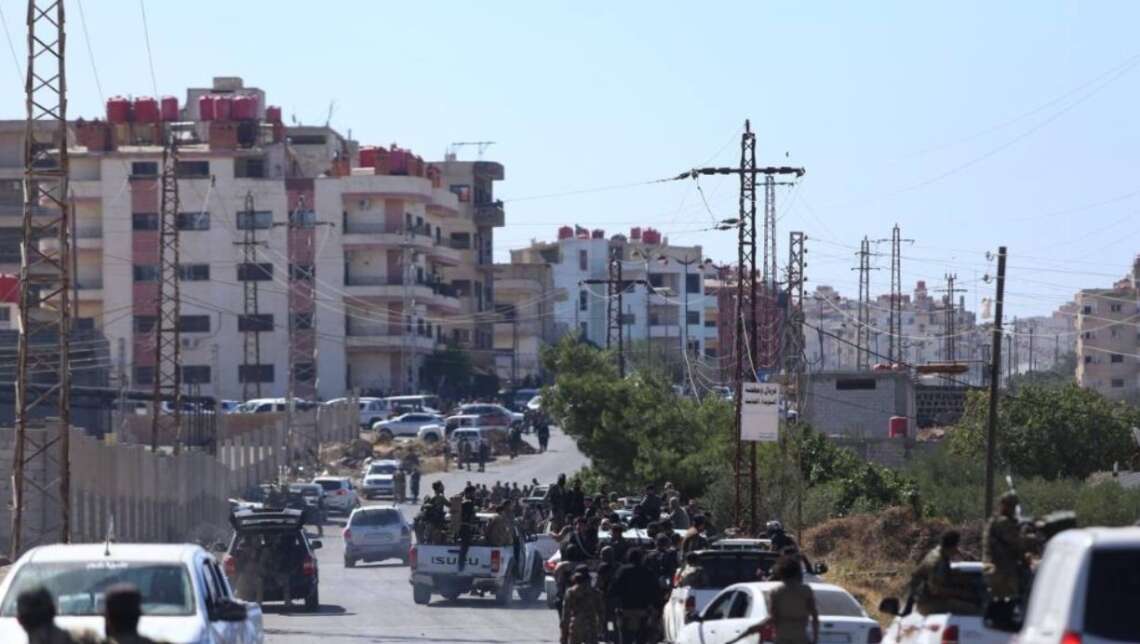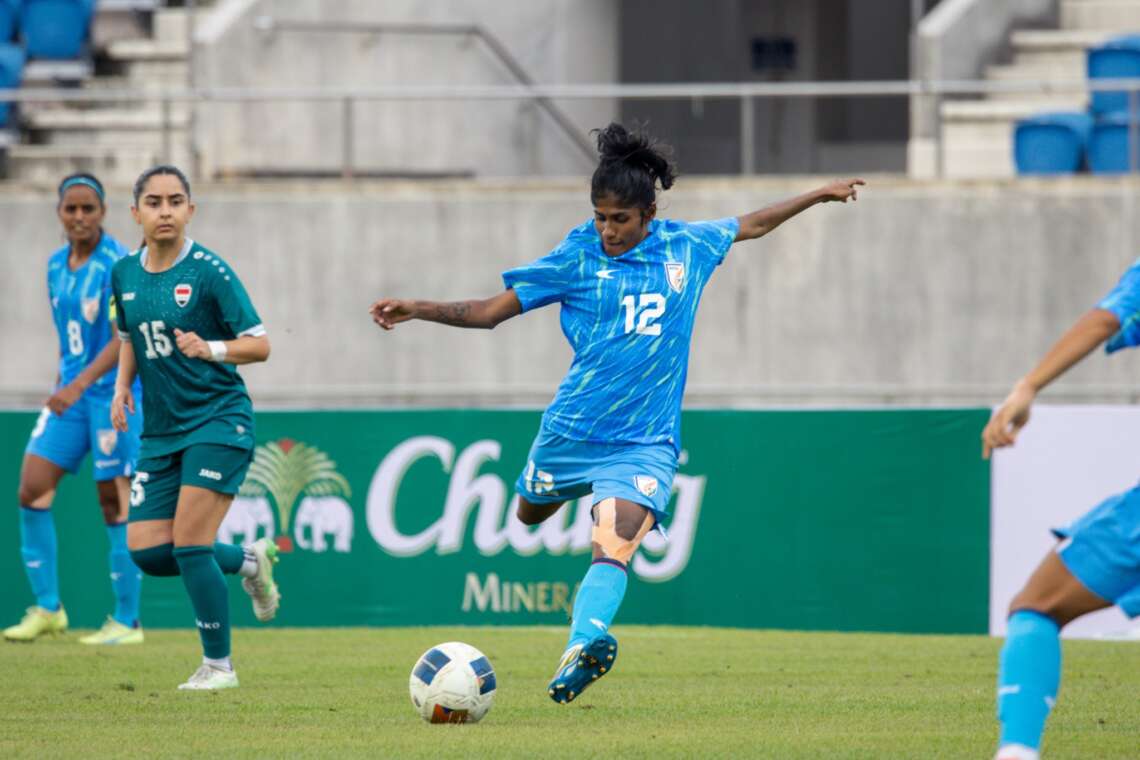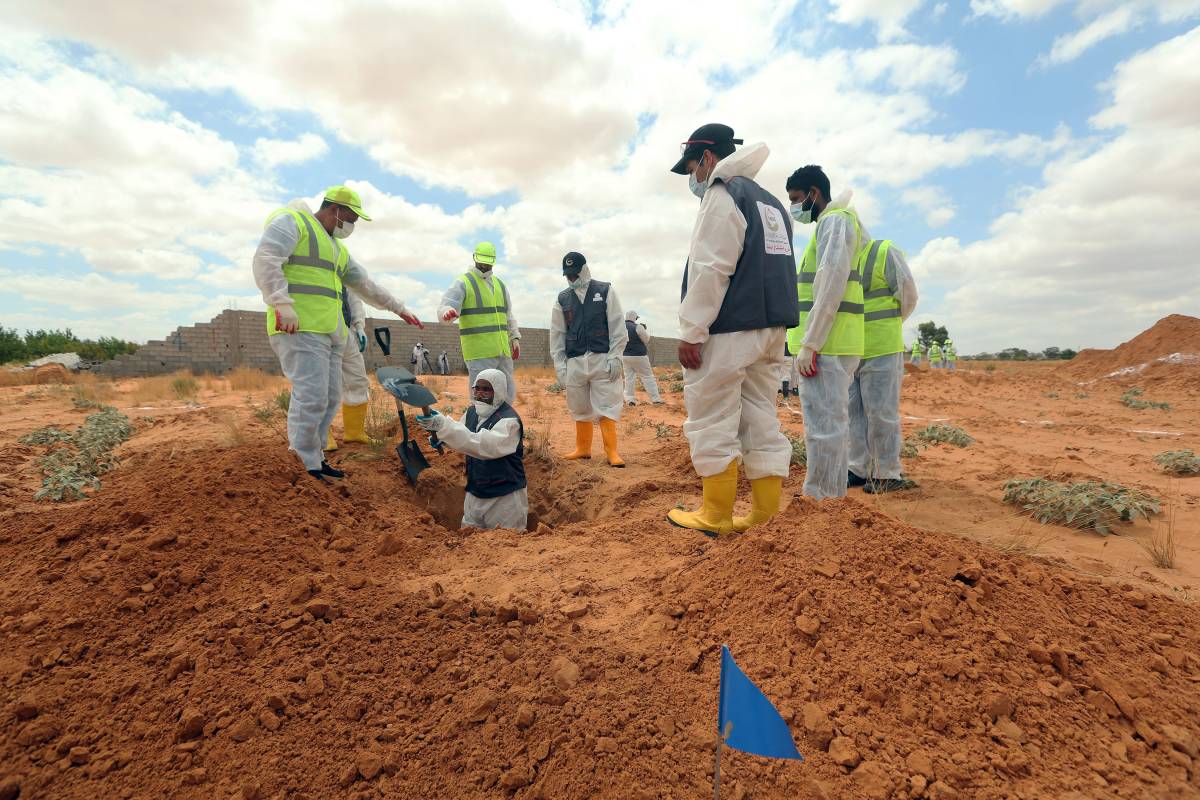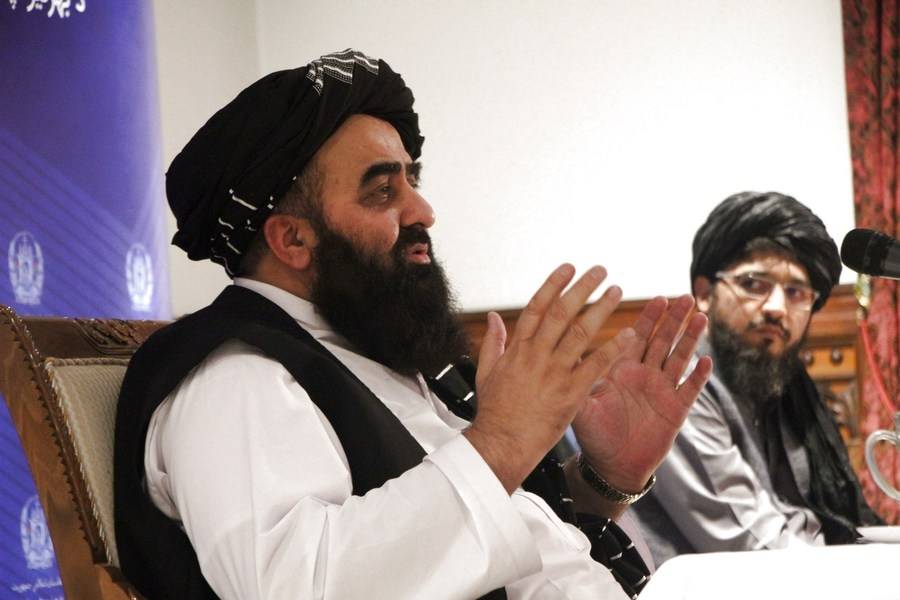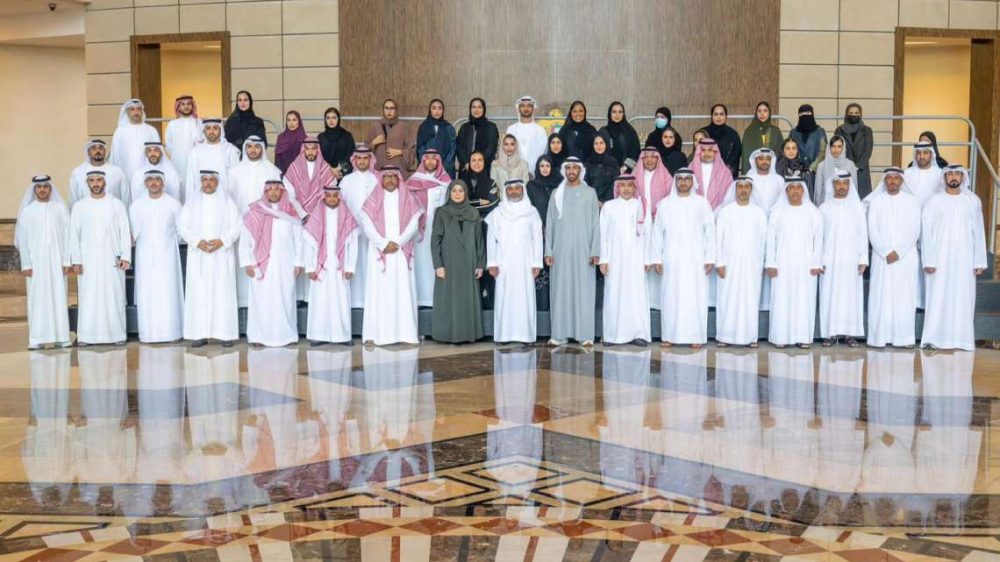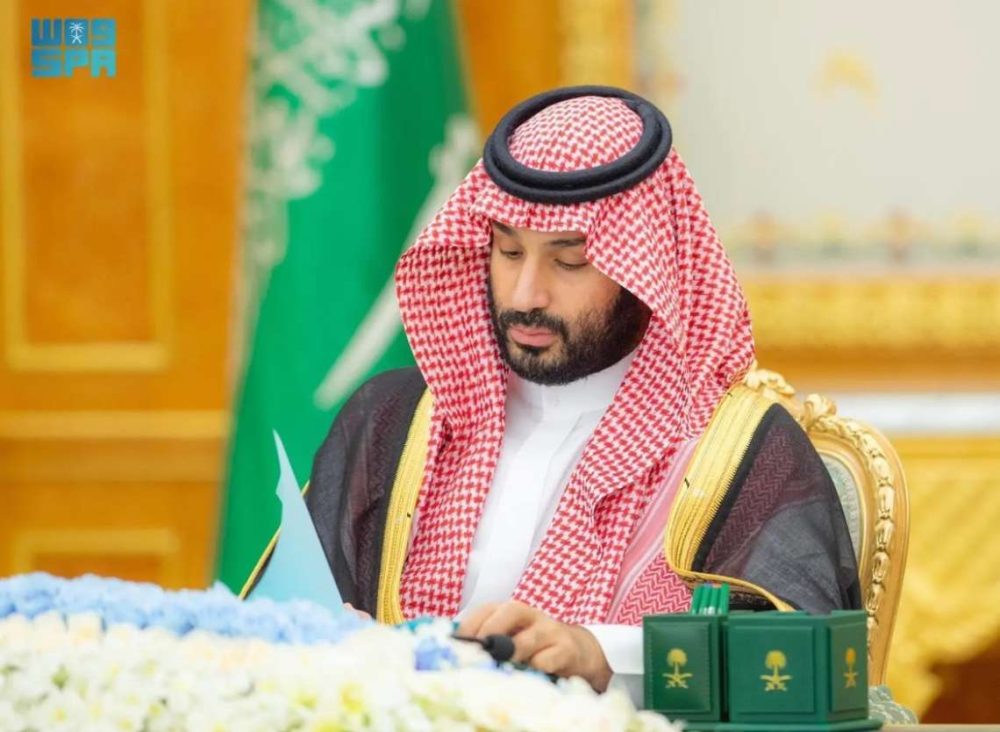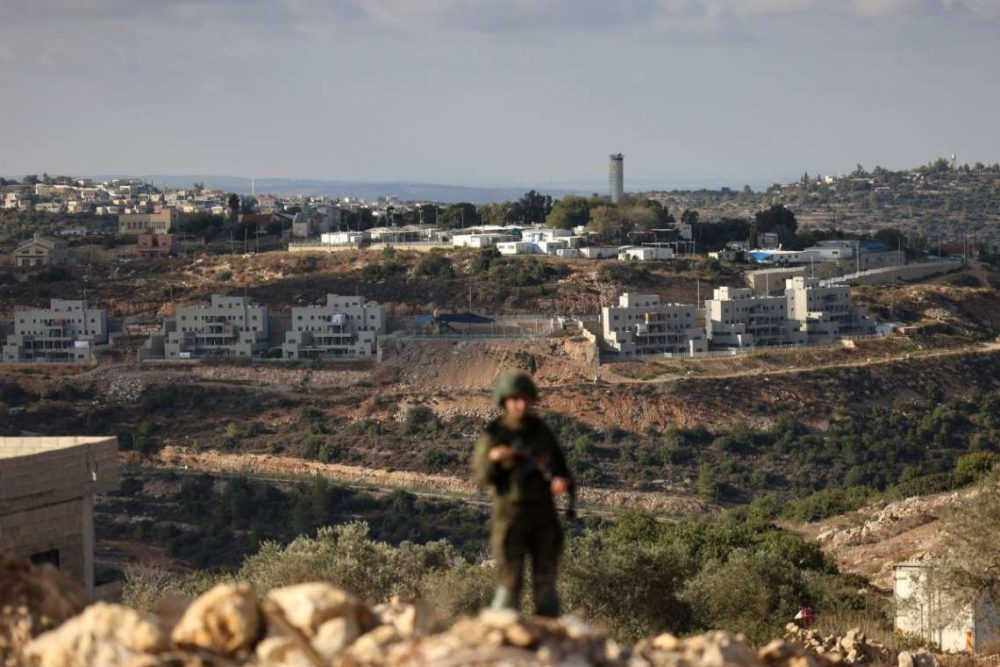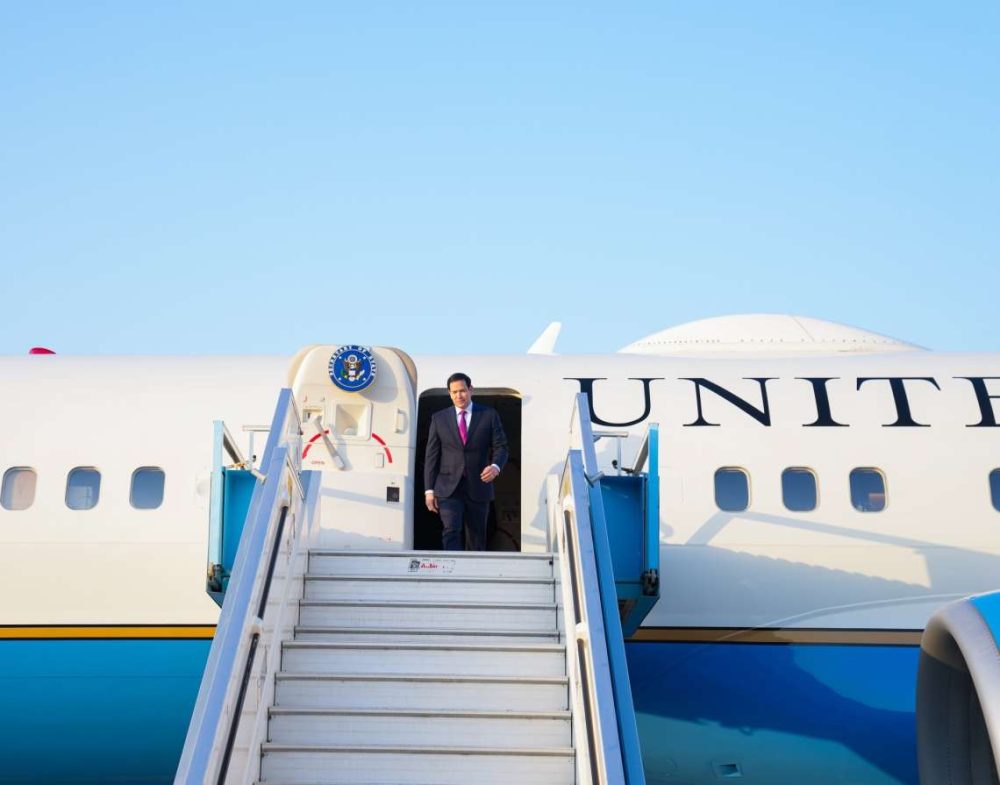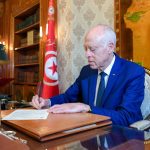The manual recount matched the electronic results, except for a very few invalid ballot papers, which appeared after the audit that they were valid…reports Asian Lite News
The Iraqi Independent High Electoral Commission (IHEC) announced that it has ended consideration of appeals and complaints submitted by several political parties over the results of the October 10 parliamentary polls.
An IHEC statement said the Commission received a total of 1,436 appeals from the country’s provinces, and it took necessary measures to consider the appeals and checked all the ballot papers in every polling station, reports Xinhua news agency.
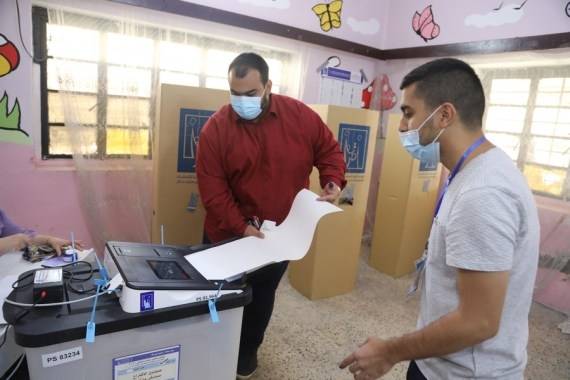
The statement confirmed that the manual recount matched the electronic results, except for a very few invalid ballot papers, which appeared after the audit that they were valid.
The results of the recount have been presented to the Board of Commissioners, who in turn transferred them to the IHEC’s judicial commission for approval, then the judicial commission will announce the final results.
According to the law, the country’s Federal Supreme Court must ratify the final results.
Earlier, the IHEC announced the full results of the elections, showing that the Sadrist Movement, led by prominent Shia cleric Moqtada al-Sadr, took the lead with more than 70 seats, while the al-Fatah (Conquest) Coalition garnered 17 seats compared with 47 in the 2018 elections.
Political parties unsatisfied with the results said the elections were manipulated and that they would not accept the “fabricated results”.
ALSO READ: Iraq’s cleric warns neighbouring countries against interfering in poll results
Followers of the political parties rejecting the election results took to the streets in many Iraqi cities, including the capital Baghdad.
The elections, originally scheduled for 2022, were held in advance in response to months of protests against corruption, poor governance, and a lack of public services.
A total of 3,249 candidates within 167 parties and coalitions competed for 329 parliamentary seats.



